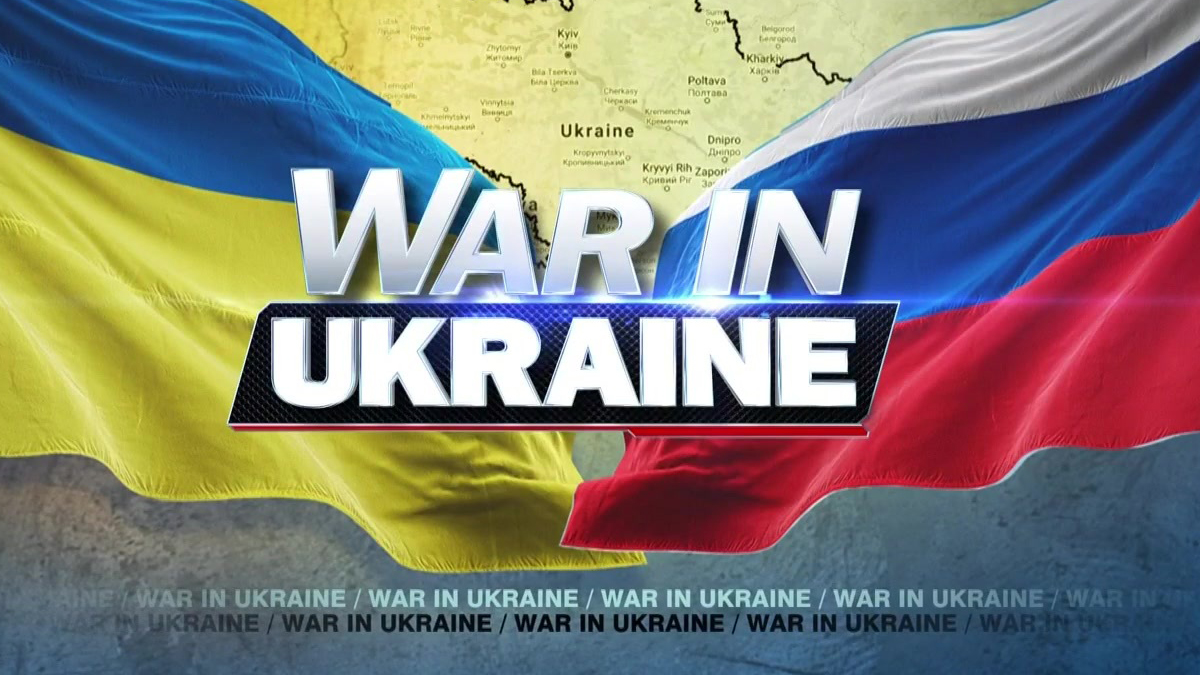KYIV, Ukraine (AP) — A sharp rise in global oil prices following Israeli strikes on Iran will benefit Russia and bolster its military capabilities in the war in Ukraine, Ukrainian President Volodymyr Zelenskyy said Friday in comments that were under embargo until Saturday afternoon.
Speaking to journalists in Kyiv, Zelenskyy said the surge in oil prices threatens Ukraine’s position on the battlefield, especially because Western allies have not enforced effective price caps on Russian oil exports.
“The strikes led to a sharp increase in the price of oil, which is negative for us,” Zelenskyy said. “The Russians are getting stronger due to greater income from oil exports.”
Global oil prices rose as much as 7% after Israel and Iran exchanged attacks over the past 48 hours, raising concerns that further escalation in the region could disrupt oil exports from the Middle East.
Zelenskyy to address concerns with the US
Zelenskyy said he planned to raise the issue in an upcoming conversation with U.S. President Donald Trump.
“In the near future, I will be in contact with the American side, I think with the president, and we will raise this issue,” he said.
Zelenskyy also expressed concern that U.S. military aid could be diverted away from Ukraine toward Israel during renewed tensions in the Middle East.
“We would like aid to Ukraine not to decrease because of this,” he said. “Last time, this was a factor that slowed down aid to Ukraine.”
Ukraine’s military needs have been sidelined by the United States in favor of supporting Israel, Zelenskyy said, citing a shipment of 20,000 interceptor missiles, designed to counter Iran-made Shahed drones, that had been intended for Ukraine but were redirected to Israel.
“And for us it was a blow,” he said. “When you face 300 to 400 drones a day, most are shot down or go off course, but some get through. We were counting on those missiles.”
An air defense system, Barak-8, promised to Ukraine by Israeli President Benjamin Netanyahu was sent to the U.S. for repairs but never delivered to Ukraine, Zelenskyy said.
The Ukrainian president conceded that momentum for the Coalition of the Willing, a group of 31 countries which have pledged to strengthen support for Ukraine against Russian aggression, has slowed because of U.S. ambivalence over providing a backstop.
“This situation has shown that Europe has not yet decided for itself that it will be with Ukraine completely if America is not there,” he said.
Coalition of the Willing offer under consideration
The offer of a foreign troop “reassurance force” pledged by the Coalition of the Willing was still on the table “but they need a backstop, as they say, from America,” Zelenskyy said. “This means that suddenly, if something happens, America will be with them and with Ukraine.”
The Ukrainian president also said the presence of foreign contingents in Ukraine would act as a security guarantee and allow Kyiv to make territorial compromises, which is the first time he has articulated a link between the reassurance force and concessions Kyiv is willing to make in negotiations with Russia.
“It is simply that their presence gives us the opportunity to compromise, when we can say that today our state does not have the strength to take our territories within the borders of 1991,” he said.
But Europe and Ukraine are still waiting on strong signals from Trump.
Without crushing U.S. sanctions against Russia, “I will tell you frankly, it will be very difficult for us,” Zelenskyy said, adding that it would then fall on Europe to step up military aid to Ukraine.
Body and prisoner returns follow Istanbul talks
In other developments, Russia repatriated more bodies of fallen soldiers in line with an agreement reached during peace talks in Istanbul between Russian and Ukrainian delegations, Russian officials said Saturday, cited by Russian state media. The officials said Ukraine did not return any bodies to Russia on Saturday.
Ukraine’s Coordination Headquarters for the Treatment of Prisoners of War confirmed in a statement that Russia returned 1,200 bodies.
Ukraine and Russia also exchanged another group of ill and severely wounded servicemen on Saturday, officials from both countries said, although the sides did not report the numbers.
Zelenskyy said in a post on X that the Ukrainian servicemen who returned were members of the Armed Forces, the National Guard, the State Border Guard Service, and the State Transport Special Service.
The first round of the staggered exchanges took place on Monday. The agreement to exchange prisoners of war and the bodies of fallen soldiers was the only tangible outcome of the June 2 Istanbul talks.
Russia says push continues
Continuing a renewed battlefield push along eastern and northeastern parts of the more than 1,000-kilometer (over 600-mile) front line, the Russian Defense Ministry claimed Saturday that its troops captured another village in the Donetsk region, Zelenyi Kut. The Ukrainian military had no immediate comment on the Russian claim.
Russia launched 58 drones and decoys at Ukraine overnight into Saturday, according to the Ukrainian air force, which said its air defenses destroyed 23 drones while another 20 were jammed.
Russia’s defense ministry said it shot down 66 Ukrainian drones overnight.
Attacks have continued despite discussions of a potential ceasefire in the war. During the June 2 talks in Istanbul, Russian and Ukrainian negotiators traded memorandums containing sharply divergent conditions that both sides see as nonstarters, making a quick deal unlikely.
___
Follow the AP’s coverage of the war at https://apnews.com/hub/russia-ukraine
(Copyright (c) 2024 The Associated Press. All Rights Reserved. This material may not be published, broadcast, rewritten, or redistributed.)
(Except for the headline, this story has not been edited by PostX News and is published from a syndicated feed.)

